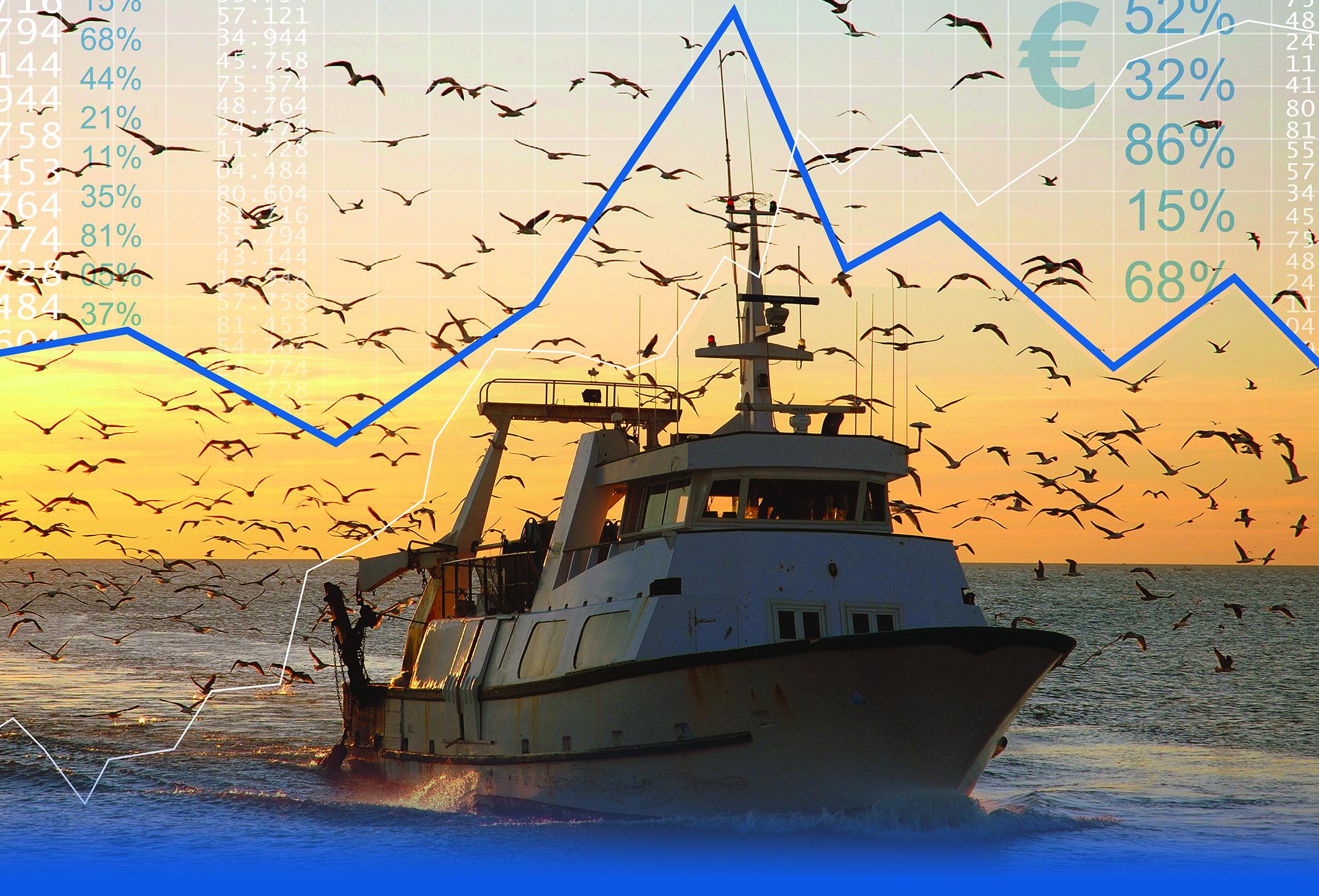News Digest n.1 / 2024
The EU fisheries control system gets a major revamp
The EU fisheries control regulation has been revised to modernize fishing activities, prevent overfishing and create a more effective and harmonised system. The changes include improved monitoring, traceability of catches, and the transition to full digitalisation, new technologies, and modern data management. The rules also strengthen the fight against illegal, unreported, and unregulated fishing (IUU), and mandate full digital traceability along the supply chain. The IT tool CATCH will become compulsory for imported fishery products, simplifying the catch certification process.
A Norwegian Company Set Up A Land-Based Aquaculture Farm, But It’s Not Salmon They Bet On
Norwegian sustainable food company Hima Seafood has launched its first land-based aquaculture project, a 30,000 square meter trout farm on its groundwater. The project, which received a $250 million investment from sustainability firm Foresight and personal funds, aims to develop a new sustainable way of food production, protecting the environment and animals.
Future of European eel fisheries may hinge on a coordinated management regime
The European eel, a popular Mediterranean dish, could be saved if a new conservation plan, including partial commercial fishery closures and a complete ban on recreational fishing, is successful. The General Fisheries Commission for the Mediterranean (GFCM) of the Food and Agriculture Organization of the United Nations (FAO) aims to identify effective management measures to improve eel populations. Eels face threats like climate change, habitat loss, pollution, and overfishing along their migration routes.
Advantages of microalgae as a feed ingredient explored
Researchers at the Norwegian Institute of Food, Fisheries and Aquaculture Research (Nofima) have found that microalgae can grow faster and form more omega-3 if bred, making them a potential feed ingredient for farmed fish. The study, part of the NewTechAqua project, aims to improve fish and mollusc health, make aquaculture more sustainable, increase efficiency, support diversification, and develop eco-friendly products.
New study confirms seaweed and mussel farms improve biodiversity and abundance of marine life
A study by The Nature Conservancy in New Zealand and the Gulf of Maine has found that seaweed and shellfish farms provide habitat benefits to wild fish. The research, which used parallel sampling methods, found that aquaculture habitats had higher abundances of fish settlers than natural habitats. The study also found that key settling fish species, such as the common triplefin, had better survival and growth after arriving in aquaculture habitats.
Preserving sharks in the Mediterranean
The LIFE European Sharks project, co-funded by the EU, aims to protect Mediterranean sharks and rays by promoting responsible interactions, reducing mortality, and reducing bycatch. The project involves training fisheries officers, testing voluntary actions, promoting catch and release, and increasing public understanding of sharks' ecological role.
